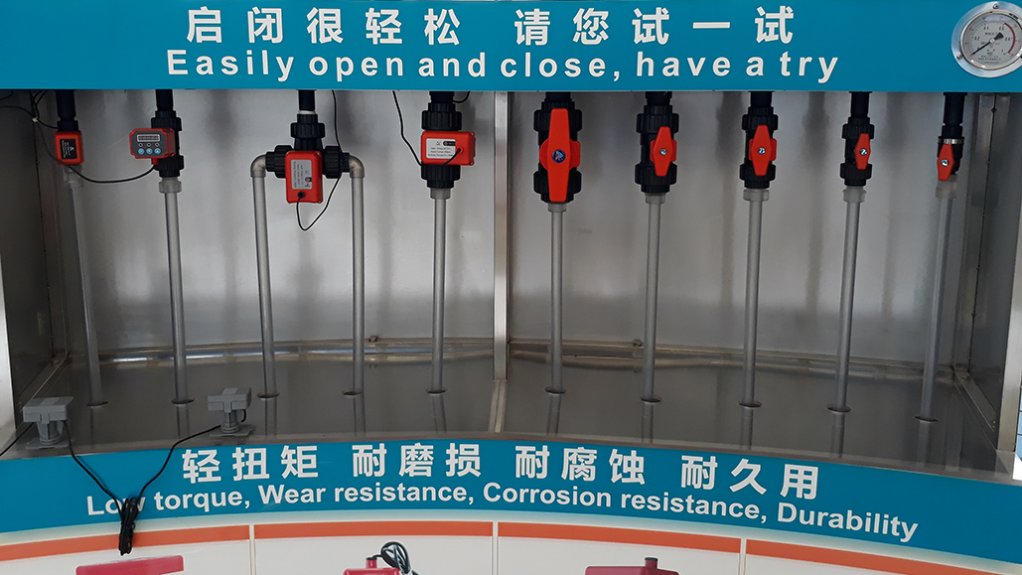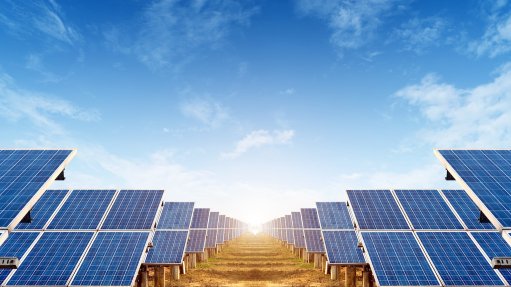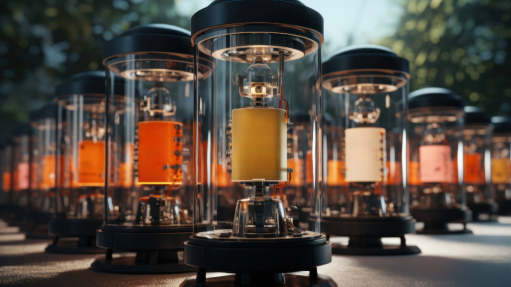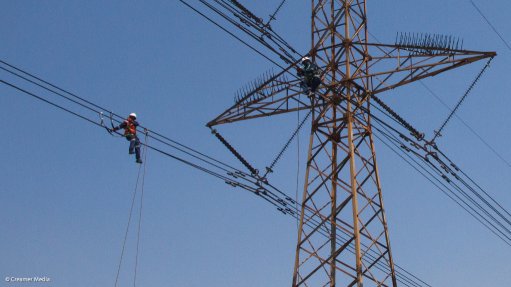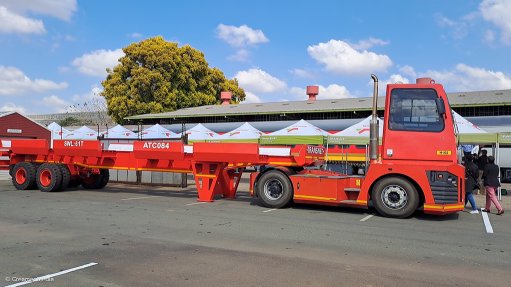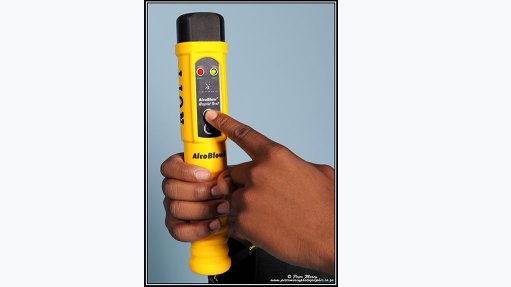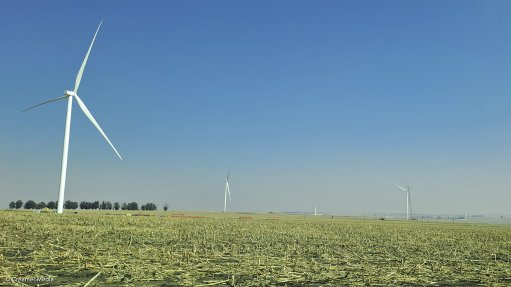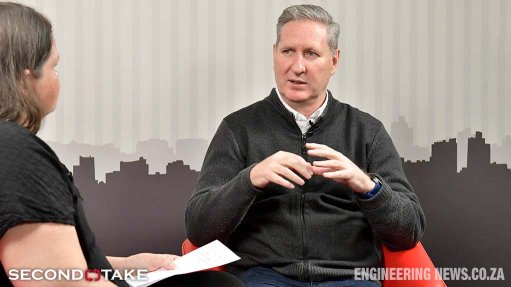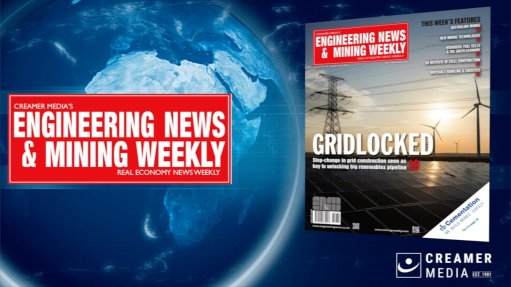Solenoid vs. Ceramic valves: what you need to know
This article has been supplied.
Selecting the right valve goes beyond understanding the function it needs to serve. It’s also important to factor in cost efficiency, durability and maintenance considerations. In some cases, according to Lionel Maasdorp, MD at Allmech, leading South African manufacturer of boilers and supplier of water treatment components, switching from a solenoid valve to a ceramic ball valve can help to cut down on costs, while improving performance.
“Various industries, including water treatment and agriculture, make use of ceramic ball valves for a multitude of applications, usually where the demands on the valve exceed the capacity of conventional valve materials,” says Maasdorp. “The high-performance nature of ceramic valves means they often have a greater tolerance for wear resistance, corrosion, and high temperatures than many other types of valves. However, even within the category of ball valves, there are different types available for specific purposes. The Runxin ceramic ball valves that Allmech supplies are cost effective, durable, corrosion-resistant, efficient and low maintenance.”
For this reason, many Allmech clients are choosing to switch to ceramic ball valves from solenoid valves where possible. While the diaphragm in a solenoid valve may collect dirt as liquid moves through it, ceramic ball valves don’t have a diaphragm, meaning they are less prone to dirt build-up inside the valve.
“The electromagnet used in the solenoid coil to move or lift the internal stainless steel armature assembly also often produces a water hammering effect on the surrounding pipes when the valve is opened or closed,” says Maasdorp. “In manually operated ball valves there is also a risk of water hammer with fast-flowing media, but automated ball valves like the Runxin electronic and time-controlled models slow the closing mechanism down and prevent water hammering.”
Furthermore, in sensitive environments or where minimal wastage is an important operational requirement, ceramic ball valves can provide a better option as the design of the valve means the ball core and seat are precisely ground in pair to ensure there is no leakage. In contrast, solenoid valves are prone to seepage and blockages and need to be closely managed for leaks.
Maasdorp says that ceramic ball valves are ideal for many water-related applications, including water saving systems, industrial automatic control systems, automatic small application sewage systems, environmental protection projects, water supply and drainage, food and water treatment, and irrigation systems.
“Ceramic ball valves have many important factors that make them an excellent choice for robust applications,” he says. “They are cost effective, low maintenance, durable and their self-balancing design lowers torque and makes for smoother operation.”
The ceramic ball valve also has the advantage of small flow resistance, good corrosion resistance, good wear resistance and long lifetime, making it an excellent option for inclusion in an industrial system.
Comments
Press Office
Announcements
What's On
Subscribe to improve your user experience...
Option 1 (equivalent of R125 a month):
Receive a weekly copy of Creamer Media's Engineering News & Mining Weekly magazine
(print copy for those in South Africa and e-magazine for those outside of South Africa)
Receive daily email newsletters
Access to full search results
Access archive of magazine back copies
Access to Projects in Progress
Access to ONE Research Report of your choice in PDF format
Option 2 (equivalent of R375 a month):
All benefits from Option 1
PLUS
Access to Creamer Media's Research Channel Africa for ALL Research Reports, in PDF format, on various industrial and mining sectors
including Electricity; Water; Energy Transition; Hydrogen; Roads, Rail and Ports; Coal; Gold; Platinum; Battery Metals; etc.
Already a subscriber?
Forgotten your password?
Receive weekly copy of Creamer Media's Engineering News & Mining Weekly magazine (print copy for those in South Africa and e-magazine for those outside of South Africa)
➕
Recieve daily email newsletters
➕
Access to full search results
➕
Access archive of magazine back copies
➕
Access to Projects in Progress
➕
Access to ONE Research Report of your choice in PDF format
RESEARCH CHANNEL AFRICA
R4500 (equivalent of R375 a month)
SUBSCRIBEAll benefits from Option 1
➕
Access to Creamer Media's Research Channel Africa for ALL Research Reports on various industrial and mining sectors, in PDF format, including on:
Electricity
➕
Water
➕
Energy Transition
➕
Hydrogen
➕
Roads, Rail and Ports
➕
Coal
➕
Gold
➕
Platinum
➕
Battery Metals
➕
etc.
Receive all benefits from Option 1 or Option 2 delivered to numerous people at your company
➕
Multiple User names and Passwords for simultaneous log-ins
➕
Intranet integration access to all in your organisation



